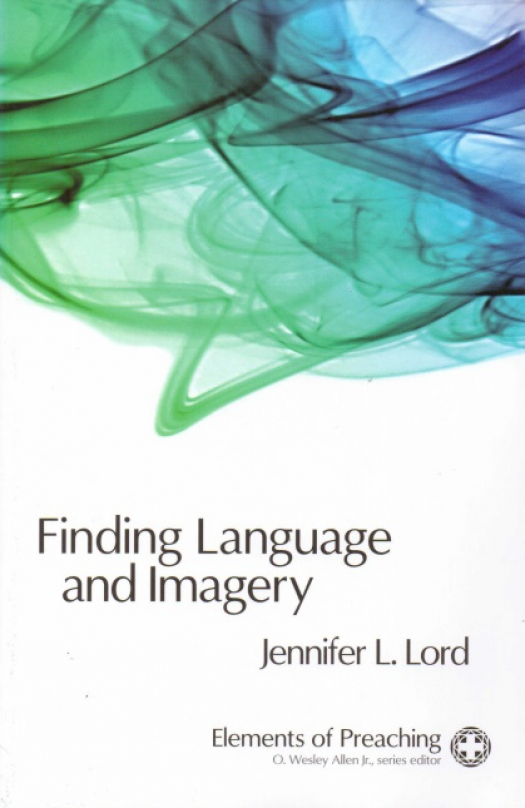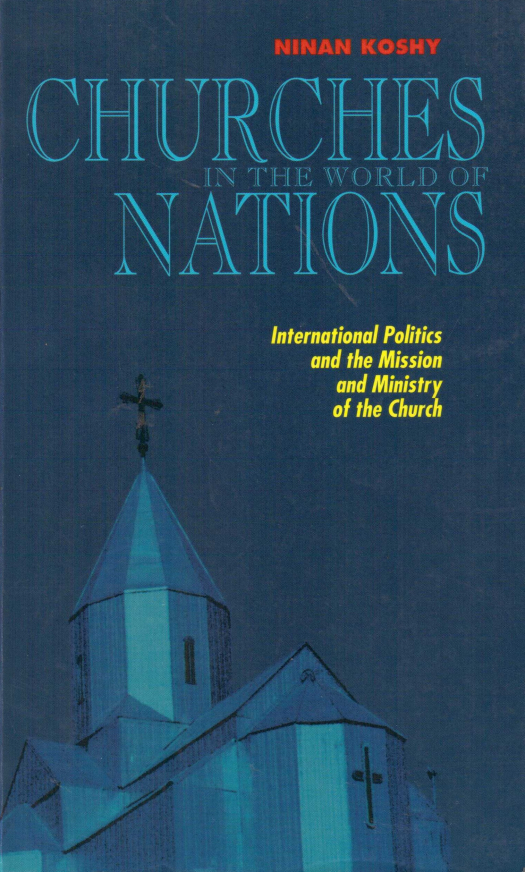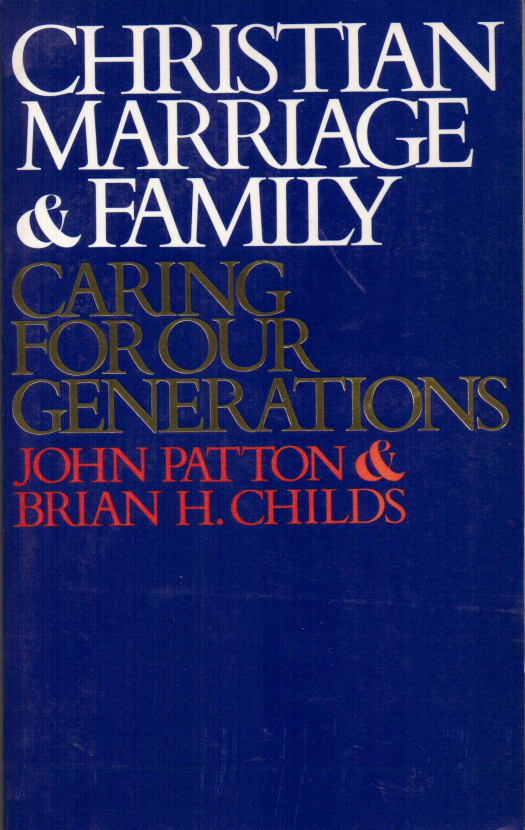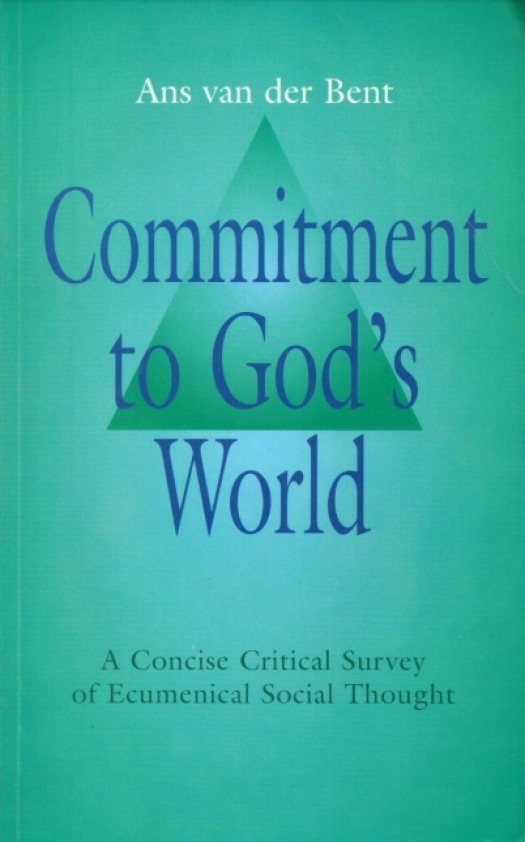Finding language and imagery : words for holy speech / Jennifer L. Lord - Donación Conferencia de Florida
Sermons use words. And though it may seem abvious that preachers should be careful and exacting in word choice, preachers often set aside this aspect of preaching inm favor of exegesis, form, and sermonic focus, and make such language work a secondary task. In Finding Language and Imagery, Jennifer L. Lord asserts that, because language shapes faith, preachers must be disciplined to find fresh words for sermons and to make good choices about both their own words and those borrowed from others. By presenting key tools and terms, along with writing exercisas, Lord helps users develop both their understanding of language and their skills to capture the religious imagination of their listeners.
U15010
Churches in the world of nations : international politics and the mission and ministry of the church / Ninan Koshy - Donación Ana Rita, Carlos, Rubén Pagura Alegría
For churches and for their international ecumenical fellowship in the Word Council of Churches, responding to political issues often creates tension, disagreement, and misunderstanding. In this book, the author draws on his years of experience as director of the WCC's Commission of the Churches on International Affairs to explore how political involvement is part of the church's mission and how the moral and ethical insights that emerge from the Bible and Christian tradition bear on the word of power politics. Among the issues he addresses are church-state relations, the links between church and national or ethnic identity, the possibilities of "ecumenical diplomacy" and the value and limitations of public statements by churches and church-related bodies. The book concludes with a look at some elements of the world situation after the cold war and what theses imply for churches and the ecumenical movement.
U15029
Christian marriage & family : caring for our generations / John Patton - Donación Ana Rita, Carlos, Rubén Pagura Alegría
How can christians become more effective, more loving family members? How can they care for one another most effectively?
Designed both for families and for counselors, Christian marriage and family is a complete guide to family care-giving. John Patton and Brian H. Childs discuss common problems that arise in various types of families and show how these problems can be resolved succesfully.
U15028
Commitment to God's word : a consice critical survey of ecumenical social thought / Ans van der Bent - Donación Ana Rita, Carlos, Rubén Pagura Alegría
The curches` engagement in social, political and economic life, in the form of both action and reflection, has been a marked emphasis of the twentieth-century ecumenical movement. Yet many people are unaware of the origins and development of ecumenical social thought; and no single concise account of that history has been published. This volume is intented to fill that gap. It surveys ecumenical social thought from its early roots in the mid-19th century, examines and compares three key ecumenical concepts of society ("Responsible Society", "Just, Participatory and Sustainable Society" and "Justice, Peace and the Integrity of Creation") and then introduces major areas of ecumenical social thought, including international affairs, human rights, peace and development, by way of brief key quotations from authoritative ecumenical documents. Following an overview of Roman Catholic social thought, a final chapter offers an evaluation of how ecumenical social thought has developed and suggest some of the challenges and perspects facing it in the future.
U15027





